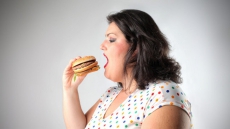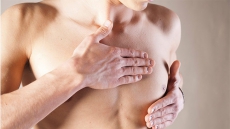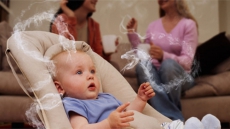The next time you ask for a plate of crabs you may have unknowingly ordered plastic as a side dish in it!
According to an alarming study by University of Exeter, tiny plastic particles polluting our seas are entering the bodies of marine creatures through their gills.
These microplastics take over six times longer to leave the body compared to standard digestion.
"About one 10th of the plastic we throw away ends up in the marine environment. In 2013, 11 million tonnes of plastic entered the seas. Wave action, heat and ultra-violet (UV) damage then break it up into microplastic," explained lead researcher Andrew Watts.
The research showed how these microplastics get into the body of the common shore crab, after sticking to hair-like 'setae' structures in the crabs.
"Many studies on microplastics only consider ingestion as a route of uptake into animals. The results we have just published stress other routes such as ventilation," Watts added.
The same could apply for other crustaceans, molluscs and fish - simply any animal which draws water into a gill-like structure to carry out gas exchange, researchers noted.
The longer these plastics are retained within the animal the more the chances are of being passed up the food chain.
"This is a human issue. We have put this plastic there, mostly accidently but it is our problem to solve. The best way to do this is to reduce our dependency on plastic. It comes back to the old phrase: reduce, reuse and recycle," Watts concluded.
The study was published in the journal Environmental Science and Technology.





